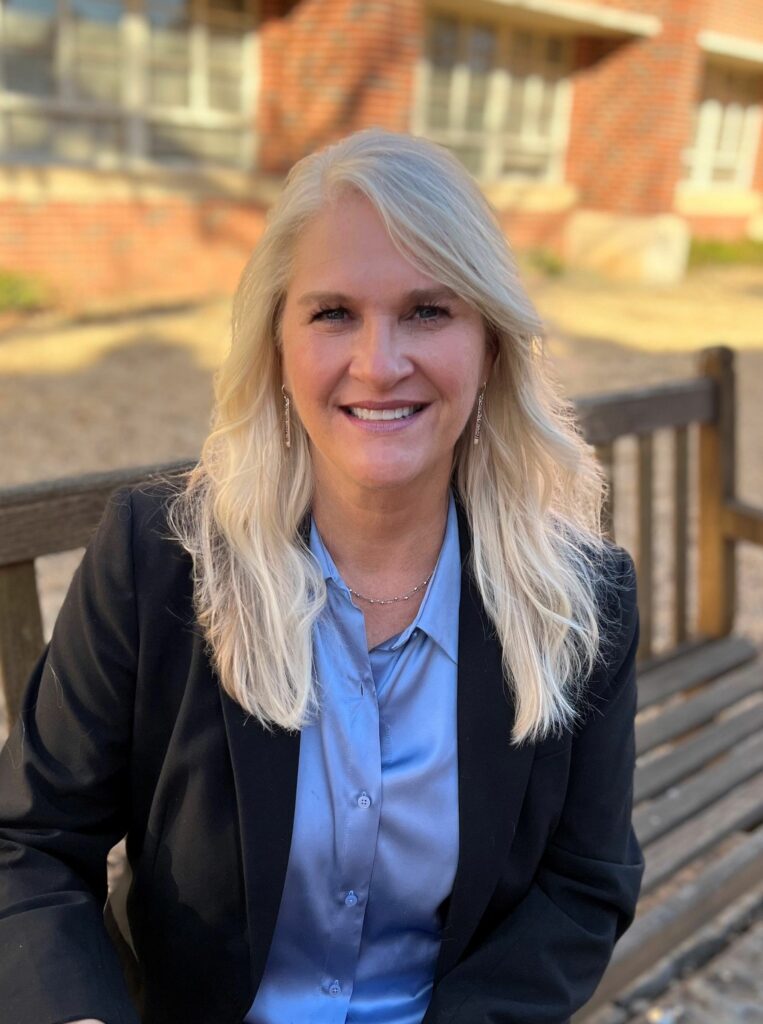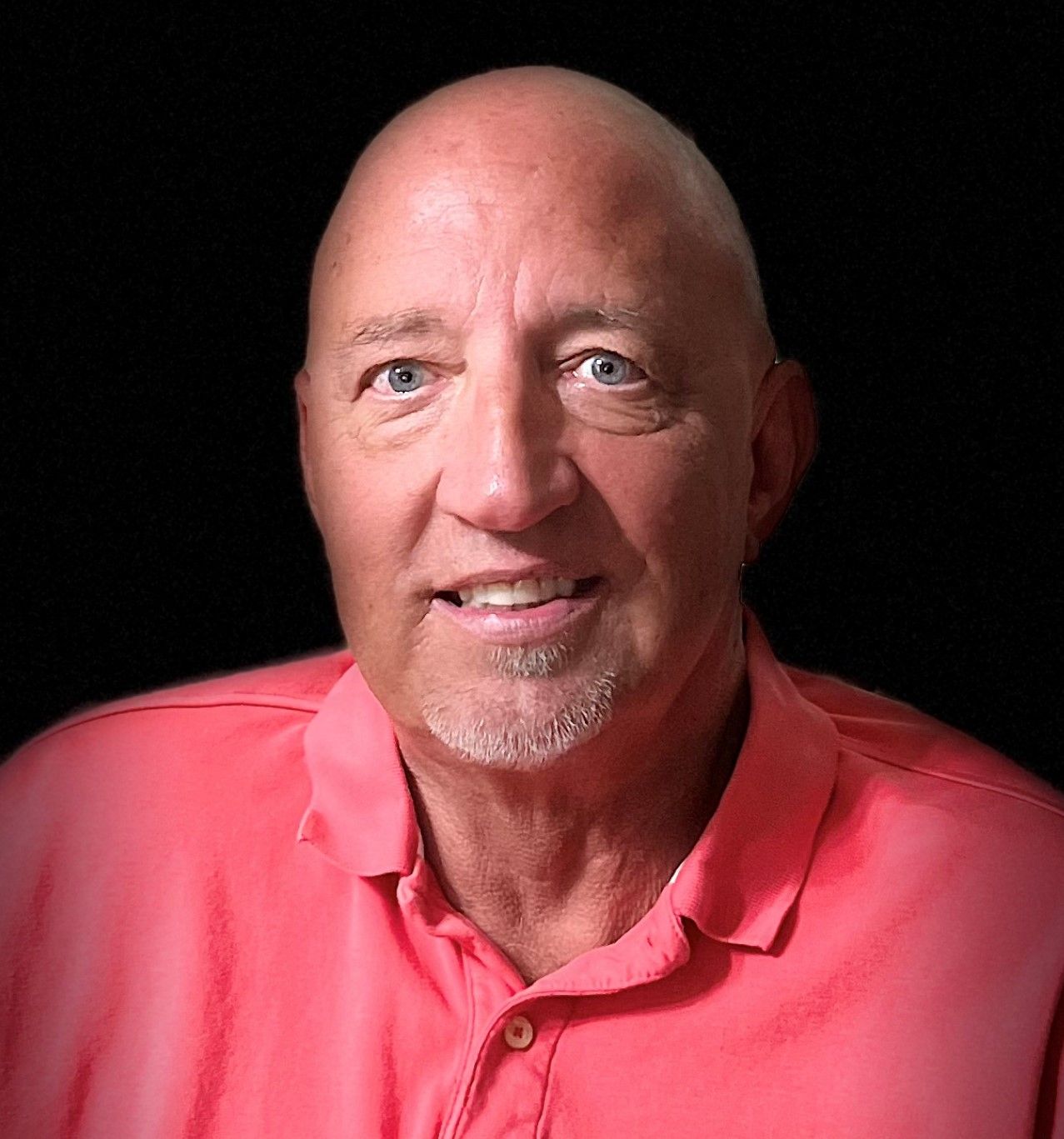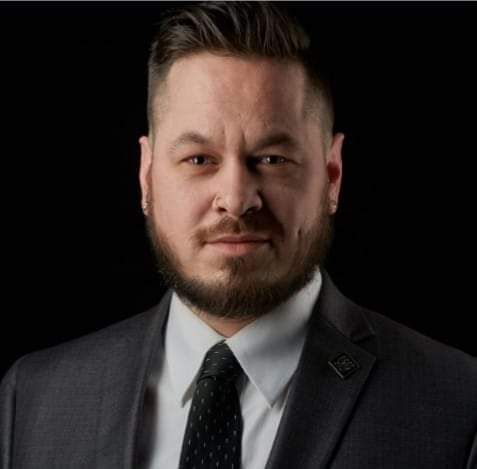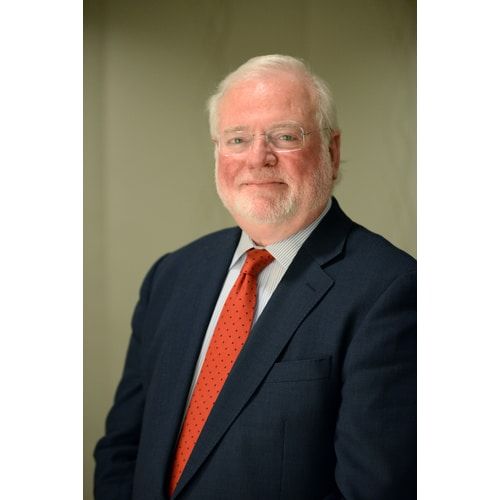About Us
Welcome To
OKATOD
Oklahoma Association for the Treatment of Opioid Dependence
The Oklahoma Association for the Treatment of Opioid Dependence (OKATOD) was founded in 2010 to enhance the quality of patient care in treatment programs by promoting the growth and development of comprehensive opioid treatment services throughout Oklahoma. OKATOD hosts an annual conference which we invite everyone to attend. Each conference provides treatment information, options, and knowledge of opioid addiction from multiple guest speakers. You can find our following scheduled OKATOD conference under our scheduled events page.




Our Mission
Bringing together and igniting governmental, private, and non-profit partners to develop, assist, and disseminate various solutions that aim to reduce opioid abuse and enhancing outcomes for those affected by the opioid crisis, including individuals, families, and communities.
Meet the Team
- PresidentChief Operating OfficerMaric Healthcare
Treasure LittleJohn, BSN, RN
Vice PresidentDirector of Quality and Compliance Acadia HealthcareTiffany Nguyen-Ngo, MS-HCA
SecretaryClinic Director Comprehensive Treatment Center- Oklahoma City
Meet our Speakers

Teresa M Stephenson, M Ed
Teresa Stephenson, M.Ed., is the Sr. Director of Adult and Family Centered Substance use Treatment and Recovery Services and the State Opioid Treatment Authority. She has worked with children, youth, and families for 26 years all levels of care. She’s worked in direct care outpatient and residential, therapeutic services, to administrative management. She was the director over adolescent girls co-occurring residential group home in Indiana and then opened and was the director of an adolescent substance use co-ed residential facility in El Reno, OK. and for the past 17 years at the Oklahoma Department of Mental Health and Substance Abuse Services. She has worked in the areas children, young adult substance use, co-occurring, early serious mental illness, first episode psychosis programs, and currently oversees family treatment courts, deprived child welfare work and adult treatment court services, women with children specific services including women with children substance use residential, gender specific, family centered care, opioid treatment providers, implementation the State Opioid Response efforts, the Safely Advocating Families Engaged in Recovery, and the statewide Family Care Plan implementation. She also has experience with inpatient liaison work, youth and family services to incorporate youth and family voice, and Oklahoma Systems of Care. She assisted in the implementation and assisting with the Behavioral Health Clinics
demonstration.
Momentum: Oklahoma’s Continuum of Care Story
- Participants will understand the state’s landscape opioid use disorder.
- Participants will understand the need to expand services.
- Participants will be able to identify resources available to support their work.

Katie Fortune-Reagan, MSW
Katie Fortune-Reagan, MSW, is the Site Supervisor for the Oklahoma Parent-Child Assistance Program’s (OK PCAP) Oklahoma City Metro office. She has over 17 years of direct and administrative public service in areas including child welfare; substance use treatment and services; juvenile and criminal justice, including drug treatment courts; and domestic and intimate partner violence, sexual assault, stalking, and human trafficking. Ms. Fortune-Reagan has served as the program manager for several statewide and federal grants and projects, including the Quality Improvement Center for Collaborative Community Court Teams (QIC-CCCT) and the Oklahoma Domestic Violence Fatality Review Board (DVFRB). She has a passion for collaborative community capacity building, systems change, hope and resilience, data analysis and research, and justice and liberation. She combines her passions and knowledge of multiple systems to support the implementation of PCAP, an evidence-informed case management and care coordination program for pregnant and parenting people struggling with substance use based in the theories of harm reduction, prevention, stages of change, and relational theory.

Angela Dawn Harnden PH. D.
Dr. Harnden is the Project Director for the Oklahoma Parent-Child Assistance Program (PCAP) based at the University of Oklahoma. She has over 25 years of experience from her work at the Oklahoma Department of Human Services and the University of Oklahoma Health Sciences Center where she managed a national database and served as a researcher and program evaluator for various state and federal grants and projects. Her applied sociological work and research has continued as she has worked to launch PCAP as a randomized control trial and case management program in Oklahoma over the past year. PCAP is a well-established, evidence-informed case management intervention program that originated out of Washington State to help pregnant and parenting mothers who are struggling with addiction. This program and research are intended to improve the well-being of Oklahoma children, families and communities and provide a cost-saving analysis for state programs.
Presentation Outcome-Oriented Educational Objectives
After participating in this session, attendees should be able to:
- identify some of the challenges and barriers pregnant and parenting women face in Oklahoma
- describe the need for resources to address substance abuse for pregnant and parenting women in Oklahoma
- recognize the importance for the Parent-Child Assistance Program (PCAP) as a resource for pregnant and parenting women with at risk use of substances in Oklahoma.

Larry T. Lovelace DO, FACEP
Fentanyl and Xylazine; A Dangerous combination
Objectives:
At the conclusion of this lecture; The learner will be able to :
1)recognize complications of a new drug combination.
2) describe how fentanyl has changed MAT forever
3) understand pharmacological differences in opiates of abuse

Shajine Blake, JD, CHC, CHPC
Safeguarding your revenue: The importance of a compliance program when accepting Medicare/Medicaid reimbursement.
Objectives
- Increase the groups understanding/ knowledge of the 7 elements of compliance. At least a 20% improvement in the post presentation polling scores vs. pre-presentation polling scores.
- Increase OTP provider awareness of compliance risks and their consequences when accepting Medicaid and Medicare. At least 80% of participants express an understanding of the main compliance penalties when accepting Medicaid and Medicare.
- Empower OTP providers to implement compliance programs within their organizations. At least 70% of participants express an increased confidence in their ability to establish a compliance framework.
Bio:
Shajine Blake has served as the member of the Maric Healthcare team for eight years and currently services as the Chief Compliance Officer. Shajine graduated from The George Washington University with a double major in Sociology and Human Services and received her Juris Doctor from the College of William and Mary. Shajine gained invaluable experiences working as a law clerk for the Federal Government and the Superior Court of the District of Columbia. These experiences grew her interest in helping organizations to develop programs and processes that would enable them to meet regulatory burdens. As a result, Shajine pursued compliance certification from the Health Care Compliance Association (HCCA) and began surveying as an Administrative Surveyor for the Commission on Accreditation of Rehabilitative Facilities (CARF). Shajine’ career has been dedicated to the building and enhancement of programs that provide quality services to the community. Shajine continues to be an advocate for serving the community while currently serving as a council member for the Women’s Leadership Council at the Texas Women’s Foundation.

Jason Hall
Sr Field Rep Harm Reduction Services
ODMHSAS
Jason Has lived experience with polysubstance dependence and houselessness that he has used to help shape programs addressing houselessness, housing, and harm reduction across the state. Jason’s career began with grassroots efforts to address the needs of vulnerable populations in his community providing clothing and furniture to families leaving shelter programs into housing and children in emergency foster care situations. He has managed several shelter programs in the Lawton area as well as a transitional housing program for system involved youth in OKC. After completing his bachelors degree in Psychology at Cameron University Jason has monitored sober living programs focusing on MAT services in Recovery Supports and provided Harm Reduction and Narcan trainings across the state as the Senior Field Rep for Harm Reduction Services.
Harm Reduction Strategies to Reduce Overdose Deaths
Objectives:
- Identify latest overdose epidemic trends
- Describe harm reduction and its role in reducing drug overdoses
- Learn how to administer Narcan and utilize fentanyl testing strips
- List supply access points

Maia Szalavitz
Harm Reduction: What It Is, Where It Came From, and Why It Matters
Objectives
- Learn the history of harm reduction and where the idea came from
- Understand the evidence for harm reduction
- Apply harm reduction principles to practice

Mark W. Parrino, MPA
President, American Association for the Treatment of Opioid Dependence
Mr. Parrino has been involved in the delivery of health care and substance abuse treatment since 1974. He received both a Baccalaureate in Psychology (1974) and a Masters in Health Policy, Planning and Administration (1982) from New York University.
Mr. Parrino served as the Director of the Gramercy Park Medical Group, an outpatient methadone treatment program, from 1980 to 1994. He also served as President of the National Development and Research Institutes, Inc. (NDRI).
Mr. Parrino served as the Chair of the Center for Substance Abuse Treatment (CSAT) Consensus Panel for State Methadone Treatment Guidelines, the first Treatment Improvement Protocol (TIP) published for national distribution. Currently, Mr. Parrino is the President of the American Association for the Treatment of Opioid Dependence (AATOD) and continues to be responsible for the development and implementation of the Association’s organizing initiatives. He also serves as the Vice President of the World Federation for the Treatment of Opioid Dependence (WFTOD).
Effective Treatment Approaches and Policy in Treating Opioid Use Disorder an Era of Fentanyl Use
I am also providing three educational objectives below.
Educational Objectives:
- Examine current policy landscape for OTPs.
- Identify strategies to provide services through OTPs.
- Discuss the benefits of mobile van expansion.
